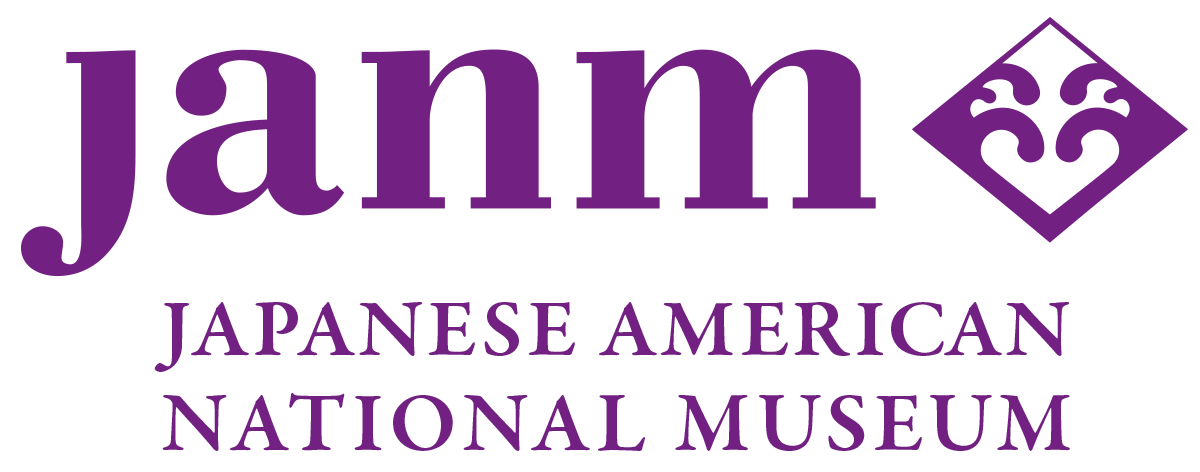FOR IMMEDIATE RELEASE - May 1, 1998
PRESS CONTACTS:
Reggie De Leon - mediarelations@janm.org - (213) 625-0414

HUMANITY ABOVE NATION IS COMING TO THE JAPANESE AMERICAN NATIONAL MUSEUM
Los Angeles, CA—A new exhibition is coming to the Japanese American National Museum entitled Humanity Above Nation: The Impact of Manjiro and Heco on America and Japan, opening May 1, 1998 and closing August 2, 1998. Chronicling the lives of Manjiro and Heco, two significant men who filled critical roles in fostering the relationship between the United States and Japan, Humanity Above Nation is a compelling historical exhibit for the whole family. The Japanese American National Museum is located at 369 East First Street in the Little Tokyo Historic District of Los Angeles, and you can call 213.625.0414 for more information.
“It’s the story of two really exceptional people who happened to be at the right place at the right time in order to affect history,” said Gary Kawaguchi, Ph.D., curator of Humanity Above Nation. “And artistically it is fascinating because several of the illustrations in the exhibit were actually done by Manjiro and Heco themselves.”
Though humbly born in the remote fishing village of Nakanohama in Tosanokuni (present day Tosa-Shimizu, Kochi Prefecture), Manjiro was elevated to samurai status and served as an instructor of English, mathematics, navigation and whaling. Manjiro also played a key role in facilitating the 1854 agreement to open two Japanese ports to American ships, which was the first such treaty in over two hundred years. As an interpreter accompanying the First Japanese Embassy to the U.S., Manjiro was well-known for helping to navigate the escort vessel Kanrin-maru through stormy seas to reach San Francisco safely.
Manjiro was also the guide and interpreter for the Japanese team sent to Europe via the United States to observe the Franco-Prussian War (1870), and captain of the expedition which established Japan's claim to the Bonin Islands.
Heco became the first Japanese national to be naturalized as an American citizen, and was the first to publish a Japanese language newspaper, garnering him the title of “father of the Japanese newspaper.” He served as a clerk for a U.S. Senator and was privileged to meet three U.S. presidents, including Lincoln. His experiences also comprised of working for American banking and commercial enterprises. With this, he was able to help American businesses start up in Japan, and engaged in his own private business endeavors.
Through their individual adventures, both Manjiro and Heco gained technical and trade knowledge which greatly benefited the U.S. and Japan. Were it not for Heco and Manjiro, the changes which brought about modern, industrialized Japan would have taken much longer to be realized. Their political, economic, and scientific contributions are extremely valuable to this day. Nothing better illustrates the triumphs and struggles of Manjiro and Heco than Humanity Above Nation, which can be viewed at the Japanese American National Museum from May 1, 1998 till August 2, 1998.
###

